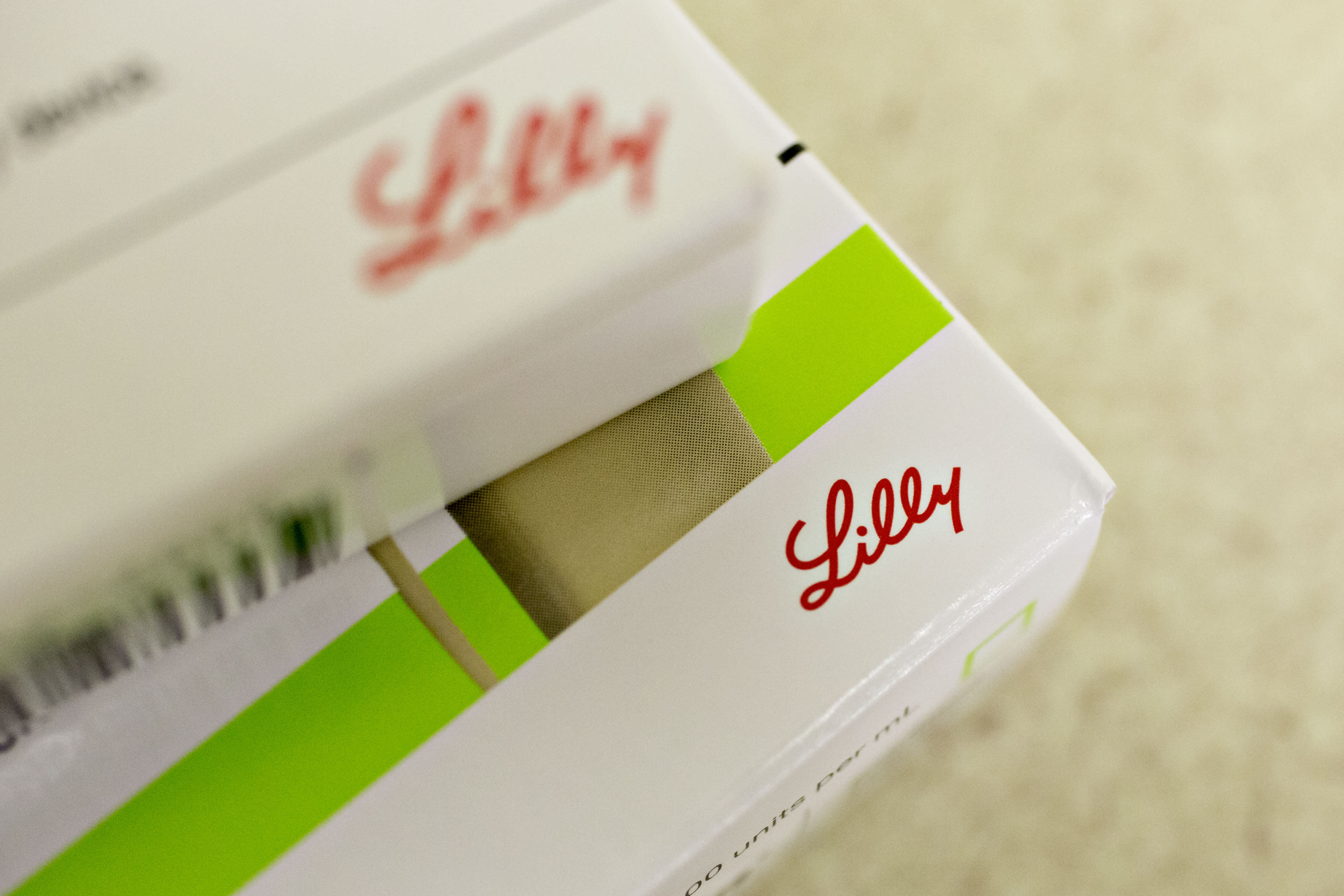Imagine getting the same benefits of popular weight loss injections in a simple daily pill. That’s exactly what Eli Lilly is working on with its new experimental drug, orforglipron. It’s a GLP-1 medication like Wegovy or Ozempic, but instead of a weekly shot, this one comes in pill form.
Eli Lilly recently released some exciting trial results showing that orforglipron helped people with Type 2 diabetes lose an average of 16 pounds over 10 months. That’s about 8 percent of their body weight. It’s not the most extreme result seen in this class of drugs, but it’s close—and the big draw is convenience. No needles, just a pill.
When Could Orforglipron Hit the Shelves?
According to Eli Lilly, the company plans to seek approval for orforglipron for weight loss by the end of this year and for diabetes in early 2026. If everything goes according to plan, we might see this pill in pharmacies by the second half of next year.
But there’s a long review process ahead. The FDA will look closely at the data from the clinical trials before giving the green light. So while things are moving fast, there are still a few hurdles to clear.
How Does It Stack Up Against Wegovy and Zepbound?
This is the real question people are asking. Wegovy and Zepbound are already hugely popular and highly effective. Zepbound, for example, has shown even stronger weight loss results than orforglipron in other studies. But those drugs are injections.
Eli Lilly’s new pill offers a big advantage for people who hate needles or simply want an easier way to manage their treatment. Even if it doesn’t beat the injectables in performance, it could become the go-to option for those who want a more comfortable routine.
Are There Any Side Effects to Worry About?
Yes, just like the injectable GLP-1 drugs, orforglipron isn’t without side effects. Trial participants reported nausea, constipation, vomiting, and diarrhea. These are similar to the side effects seen in users of Wegovy and Ozempic.
The good news is that no signs of liver damage were seen in the trials. That’s important because another major company, Pfizer, dropped its own oral GLP-1 program after a test subject experienced a potential drug-induced liver issue.
Will It Be Affordable?
We don’t know the exact price tag yet, but analysts are expecting a monthly cost of under $1,000. That would still be high, but possibly cheaper than current injectables like Wegovy, which lists at $1,349 per month. Remember, most people don’t pay sticker price. Insurance often helps cover the cost, and both Eli Lilly and Novo Nordisk offer programs that bring prices down to around $500 for people paying out of pocket.
Can Eli Lilly Keep Up With Demand This Time?
One big problem with injectable drugs like Zepbound has been supply shortages. Eli Lilly is trying to avoid that with orforglipron by building up inventory before the pill even launches. The company already disclosed a stockpile valued at nearly $550 million.
They’re also planning to manufacture all U.S. supplies domestically within the next five years, which could help them avoid delays from international trade issues.
Will Other Companies Catch Up?
A few drugmakers are developing their own GLP-1 pills, including AstraZeneca, Roche, and Viking Therapeutics. But none of them are as far along as Eli Lilly. That means Lilly could enjoy a few years of exclusivity in the oral weight loss pill market.
Industry experts believe this head start will give Lilly a major edge—and plenty of pricing power—before competitors enter the game.
What Does This Mean for Wegovy and Zepbound?
Don’t expect the injectable drugs to disappear. Some people actually prefer a weekly injection over taking a daily pill. Plus, injectable drugs may continue to deliver slightly better results for weight loss.
Still, the arrival of a pill could shake up the market. More people might be willing to try a pill, expanding the overall reach of GLP-1 therapies. Experts say it’s not a matter of replacement but expansion.
Where Did This Pill Come From?
Interestingly, orforglipron wasn’t originally created by Eli Lilly. It was discovered by Chugai Pharmaceutical, a Japanese company. Lilly licensed the drug in 2018, paying just $50 million upfront. That’s a small investment for what could soon become a billion-dollar blockbuster.










